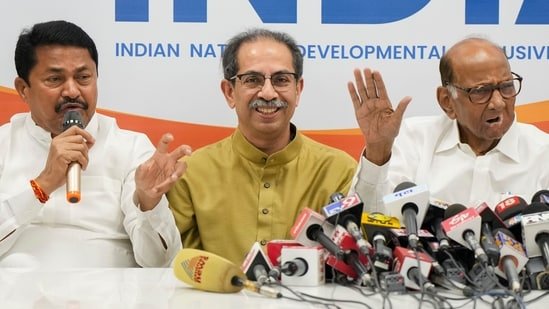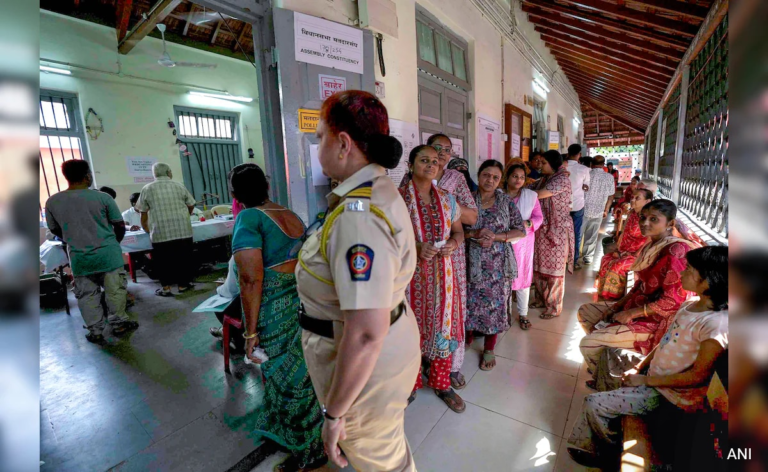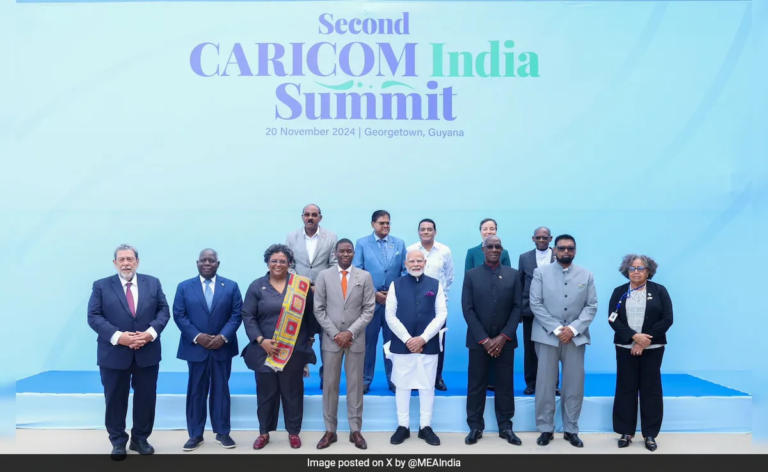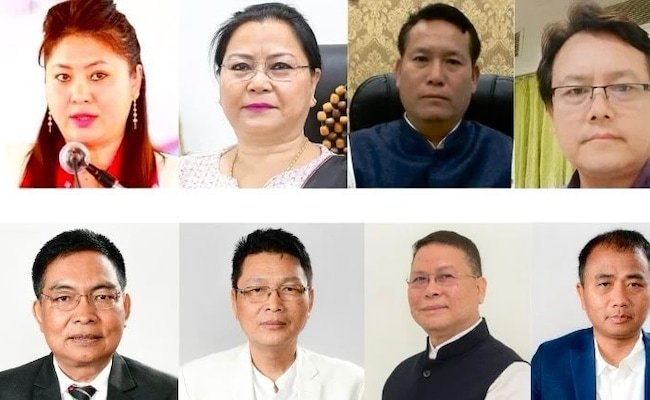
After weeks of negotiations, the Maha Vikas Aghadi (MVA) — the Shiv Sena (UBT), Congress and Nationalist Congress Party (NCP-Sharadchandra Pawar) alliance in Maharashtra — managed to finalise a seat deal on Tuesday. This is significant for several reasons. One, politics in Maharashtra, which elects 48 Lok Sabha MPs, is a complex affair, determined by sub-regional sentiments, overlapping social constituencies, and ideological contradictions within alliances. Two, the state has been in flux since the 2019 assembly elections, which triggered a series of events unsettling the bipolar character of the polity. Three, the Maratha quota agitation has created divisions within parties and polarised society. Four, many leaders have been changing parties, and parties themselves are unclear about how the splits and shifts in stance have impacted their respective cadre bases. For the same reasons, the Mahayuti comprising the BJP, Sena (Shinde) and NCP (Ajit Pawar) has been unable to reach a seat agreement yet.

A significant aspect of the MVA seat deal is that the Congress, which has the largest number of MLAs after the BJP in the state assembly, has preferred to yield space to the Sena-UBT, presumably to save the alliance. This has not gone down well with the local units of the party and may trigger a rebellion in seats such as Sangli in western Maharashtra. In fact, the Congress has been pushed into a corner in the region, which is arguably the political nerve centre of state politics with its string of sugar cooperatives and other related institutions. For Sena-UBT, 21 constituencies after being reduced to a rump (the bulk of legislators went with Shinde when the party split in 2022), is a windfall. The results will be keenly watched for a below-par performance may further diminish Uddhav Thackeray’s clout in state politics and trigger an exodus of Sena cadres to the Eknath Shinde faction or the BJP.
The big question, however, is if the parties can make these alliances work on the ground. The undivided Sena was the BJP’s oldest ally — they first fought an election together in 1989 — and their social bases converged. Similarly, the Congress-NCP belonged to the same ecosystem. The acrimonious splits in the Sena and NCP and the realignments that followed have forced sworn ideological enemies to explore common ground. Politics has become transactional, of course, but transcending ideology and legacy in the race to win office is a messy business. The general elections will test the sagacity of the ambitious leaders in Maharashtra who have gone against the tide in pursuit of office and hegemony.
Continue reading with HT Premium Subscription
Daily E Paper I Premium Articles I Brunch E Magazine I Daily Infographics








